Product Description
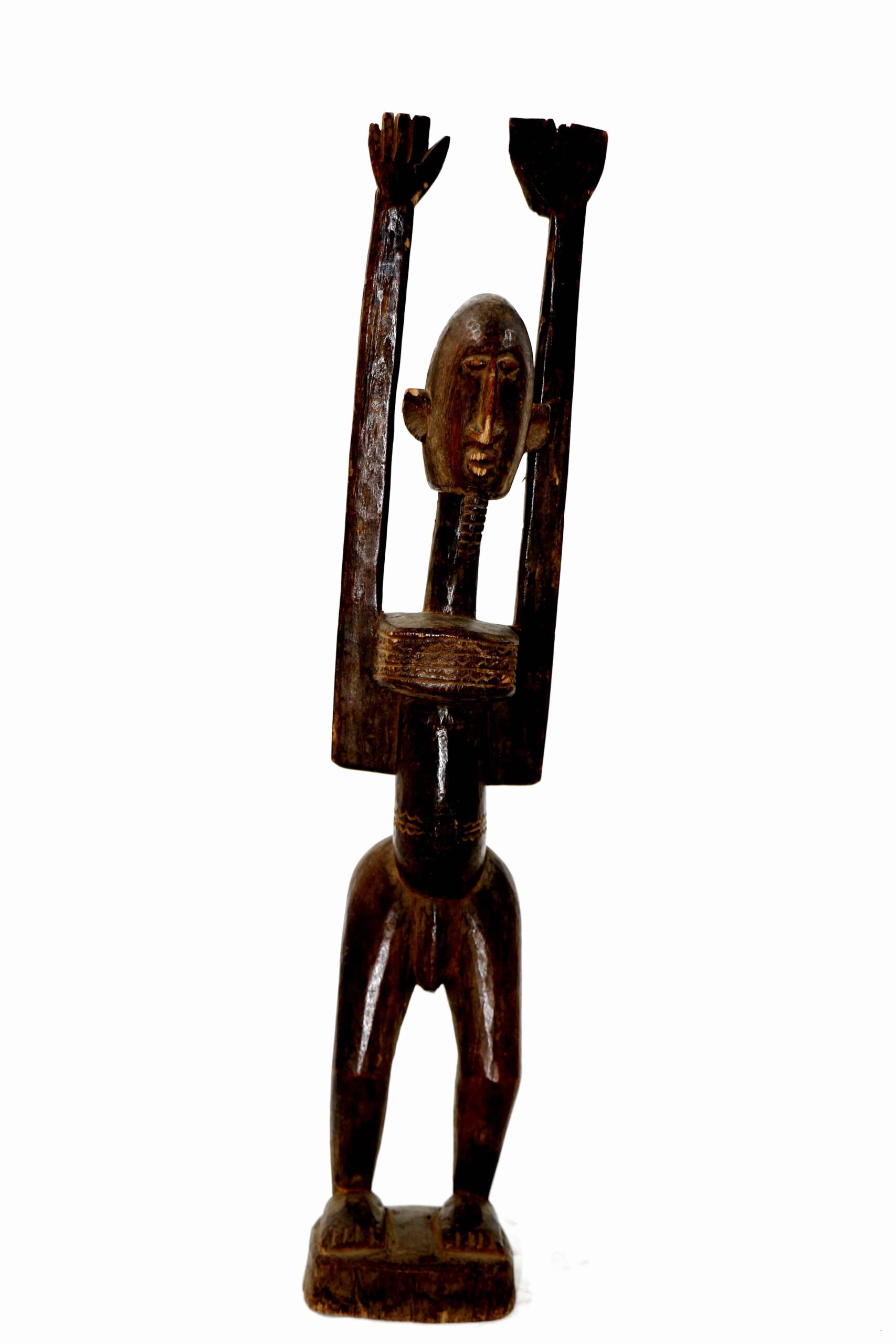
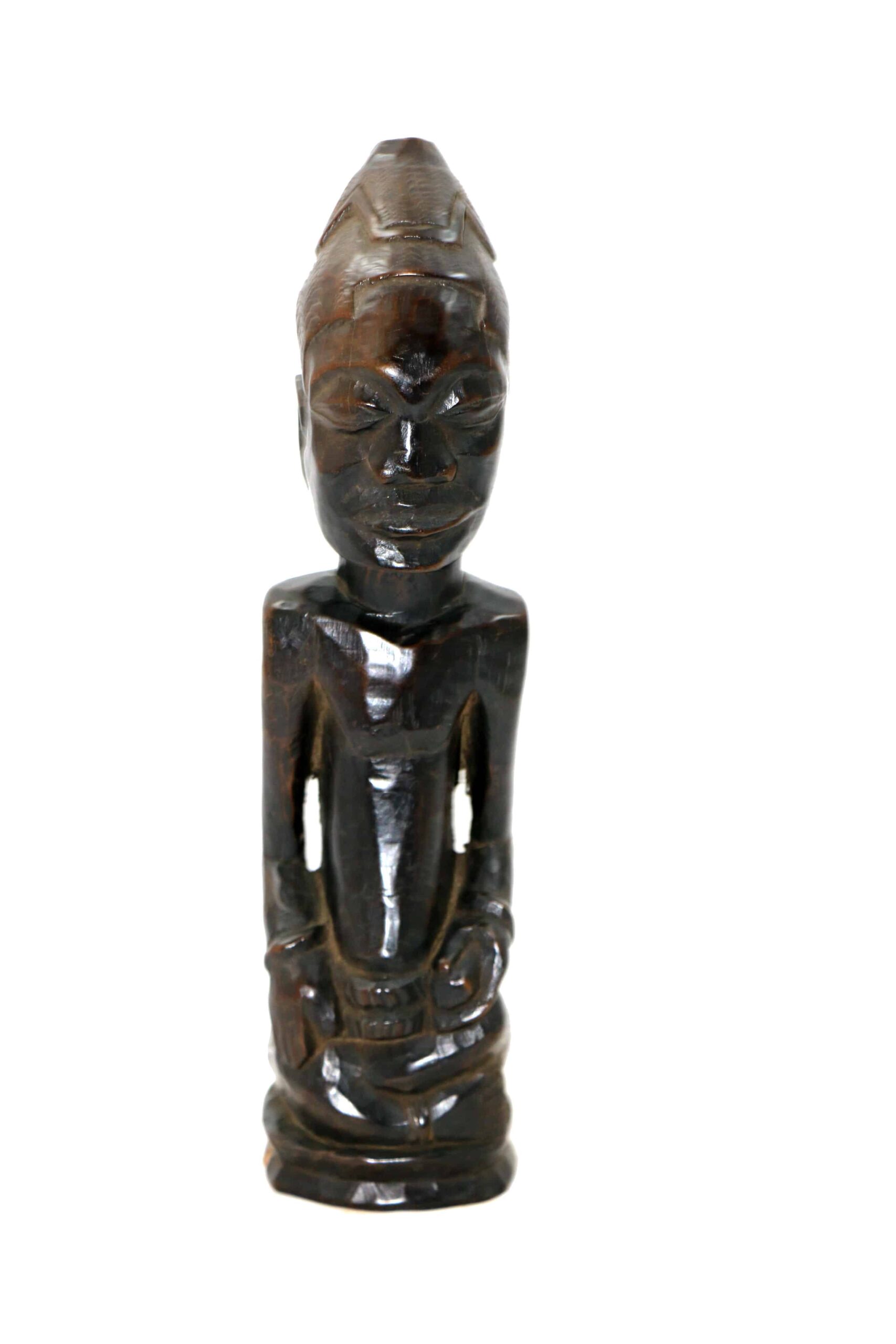
Bamana Gwandusu Jo Figure – Mali
This Do Njelini 〈Jonyeleni〉 scuplture is hermaphrodite and originates from the Bamana peoples of Mali. Statues such as this represent the “beautiful young woman of the Jo. The new initiates travel for several monthes to neighboring villages with these wood figures. They advertise their new adult status and their desire for mariage. The Nyeleni sculptures incorporate the physical characteristics that are considered attractive and visually pleasing in a young Bamana woman. An even more vital message conveyed by the sculpture is the importance of motherhood in maintaining social cohesion and continuity within Bamana society, and elders’ roles in passing on their skills, powers, and values to future generations.
Made of 100% wood.
Model is W 48 – H 10 and weight 1.2 kg.
Description
This Do Njelini 〈Jonyeleni〉 sculpture is hermaphrodite and originates from the Bamana peoples of Mali. Statues such as this represent the “beautiful young woman of the Jo. The new initiates travel for several months to neighboring villages with these wood figures. They advertise their new adult status and their desire for marriage. The Nyeleni sculptures incorporate the physical characteristics that are considered attractive and visually pleasing in a young Bamana woman. An even more vital message conveyed by the sculpture is the importance of motherhood in maintaining social cohesion and continuity within Bamana society, and elders’ roles in passing on their skills, powers, and values to future generations.
The Bambara numbering 2,500.000 million form the largest ethnic group within Mali. The triangle of the Bambara region, divided into two parts by the Niger River, constitutes the greater part of the western and southern Mali of today. The dry savanna permits no more than a subsistence economy, and the soil produces, with some difficulty, corn, millet, sorghum, rice, and beans. Their traditions include six male societies, each with its own type of mask. Initiation for men lasts for seven years and ends with their symbolic death and their rebirth. Nearly every Bambara man had to pass through these societies in succession, until, upon reaching the highest rank, he had acquired a comprehensive knowledge of ancestral traditions.
The jo society has become a sort of framework for other initiation society. Until a few decades ago, initiation was obligatory for every young man. Jo initiations take place every seven years after candidates receive six years of special training. During this time, the young men go through a ritual death and live one week in the bush before returning to the village. There they publicly perform the dances and songs they have learned in the bush, and receive small presents from spectators. After a ritual bath that signals the end of their animal life, the new initiates become “Jo children.”
Additional information
| Weight | 1.2 kg |
|---|---|
| Dimensions | 10 × 48 cm |
| Color | |
| Material |
Leave a reply Cancel reply
Returns and Exchanges
There are a few important things to keep in mind when returning a product you purchased.You can return unwanted items by post within 7 working days of receipt of your goods.
- You have 14 calendar days to return an item from the date you received it.
- Only items that have been purchased directly from Us.
- Please ensure that the item you are returning is repackaged with all elements.
Ship your item back to Us
Firstly Print and return this Returns Form to:
30 South Park Avenue, San Francisco, CA 94108, USA
Please remember to ensure that the item you are returning is repackaged with all elements.
For more information, view our full Returns and Exchanges information.

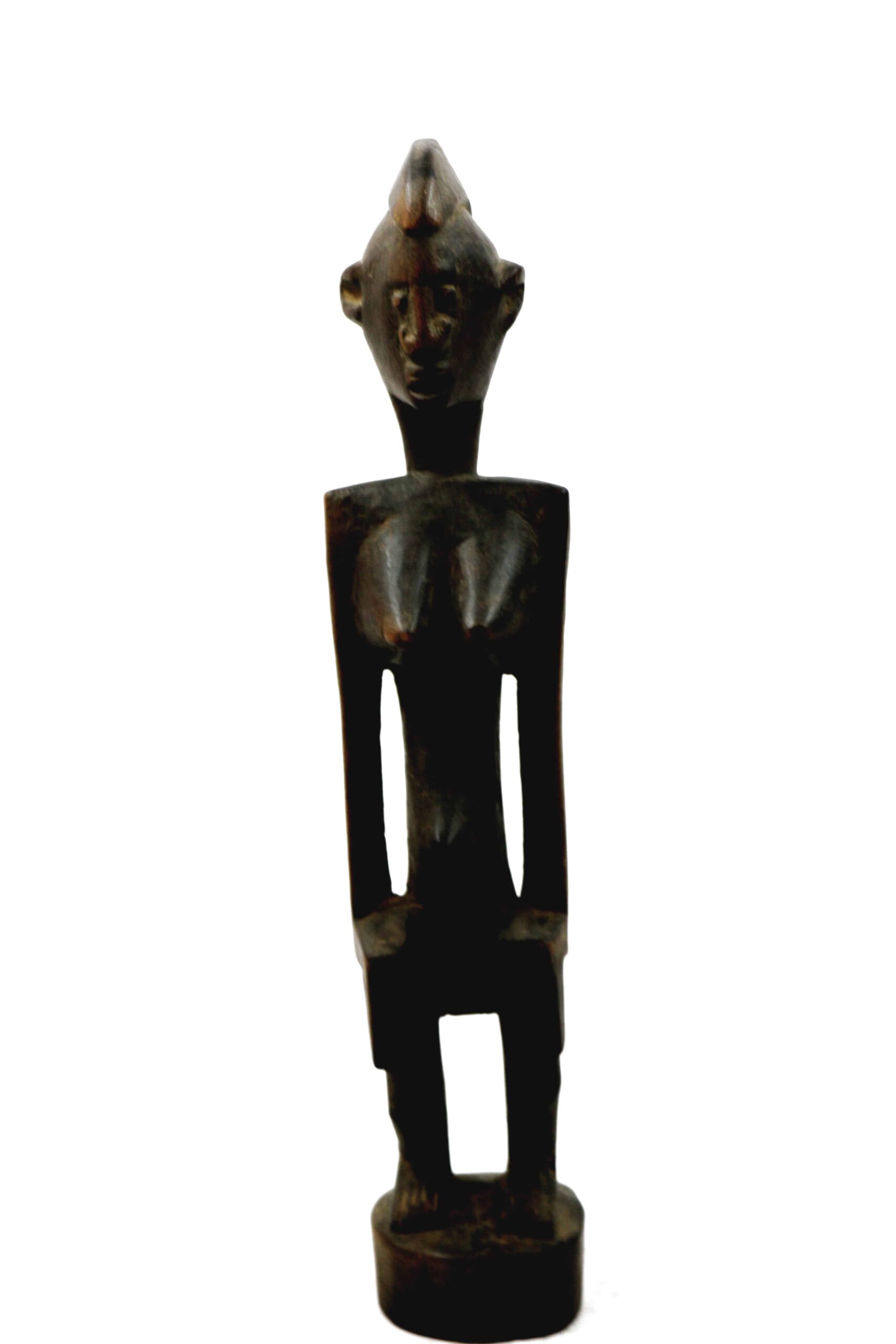
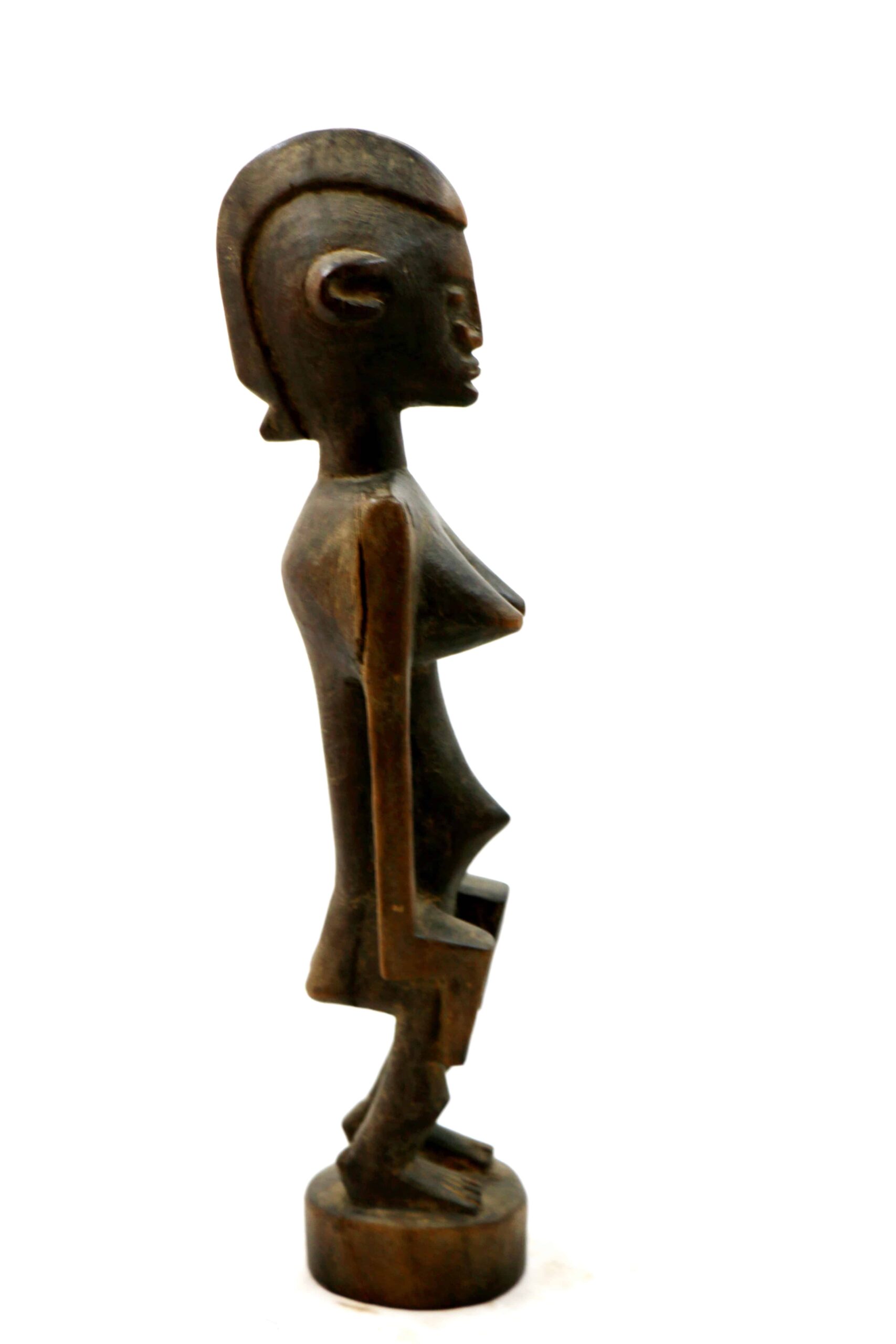
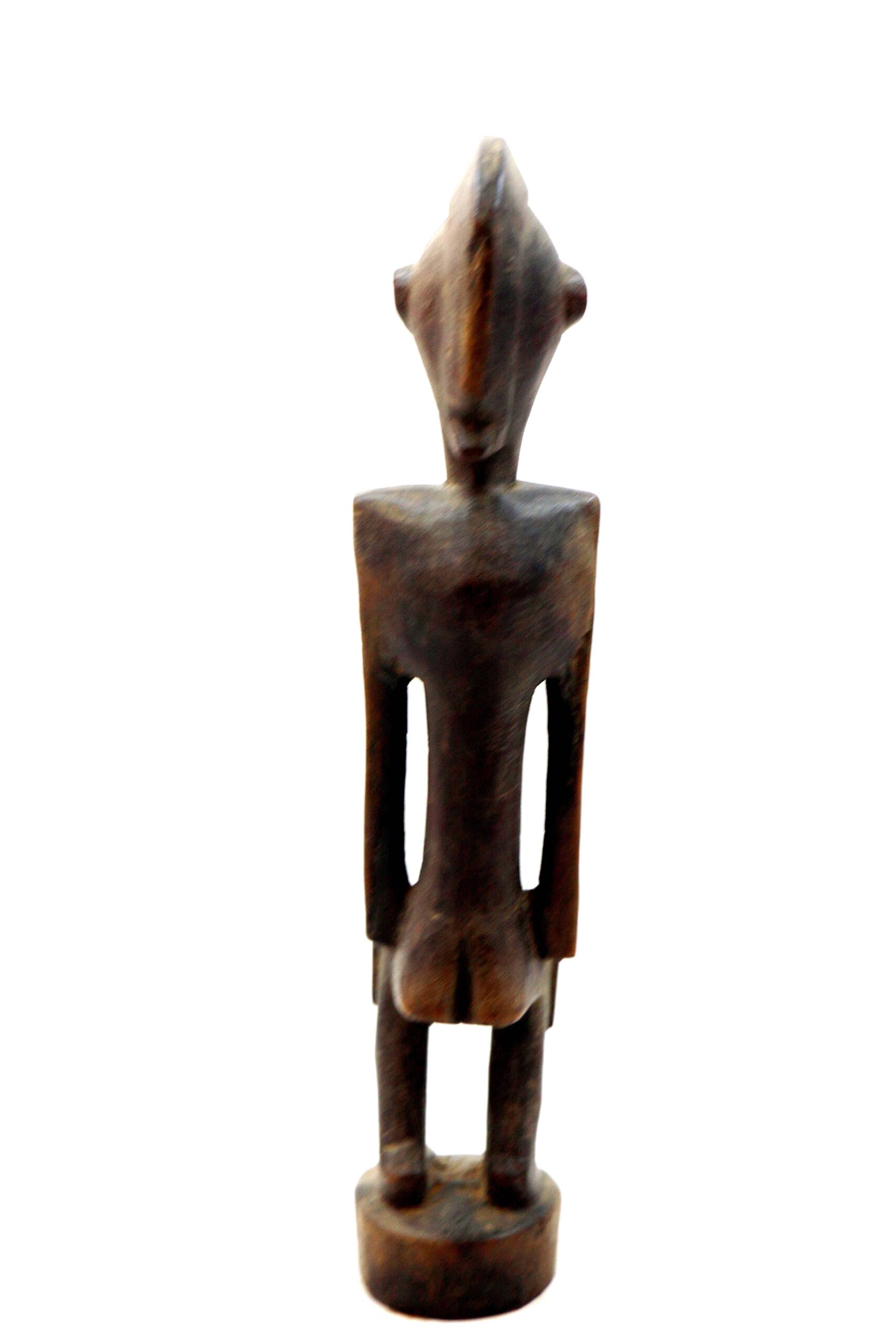
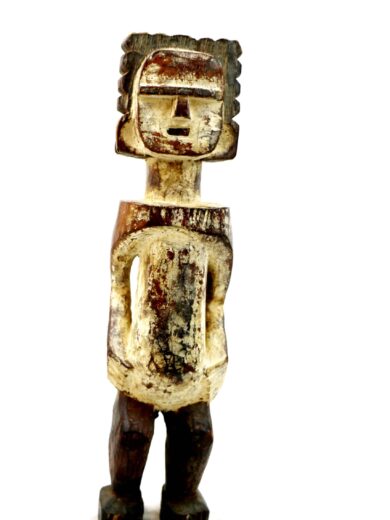
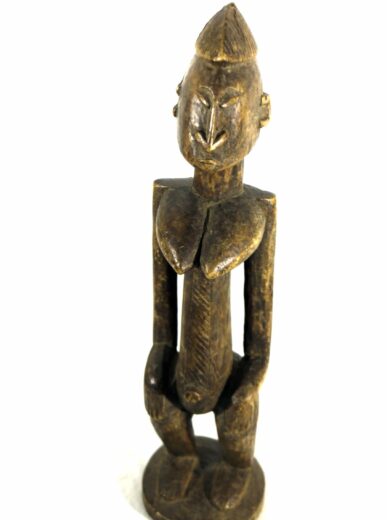
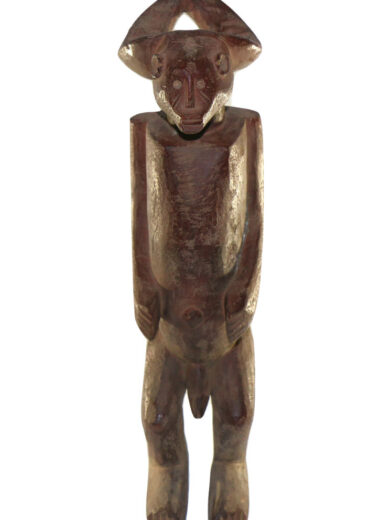
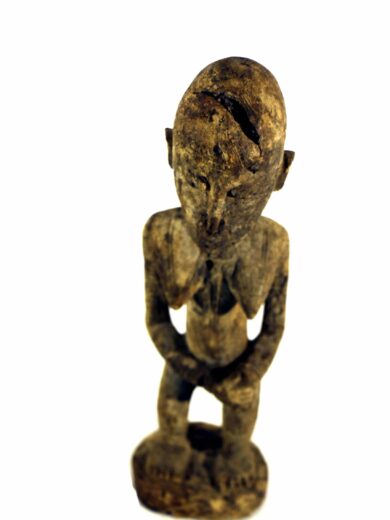
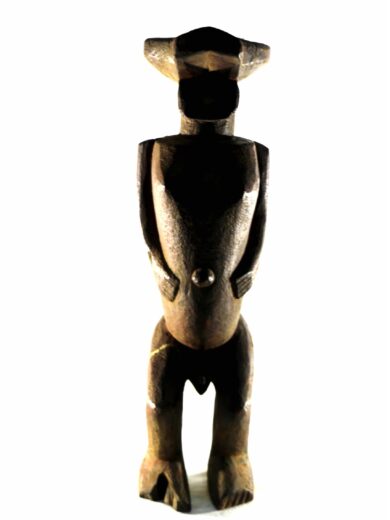
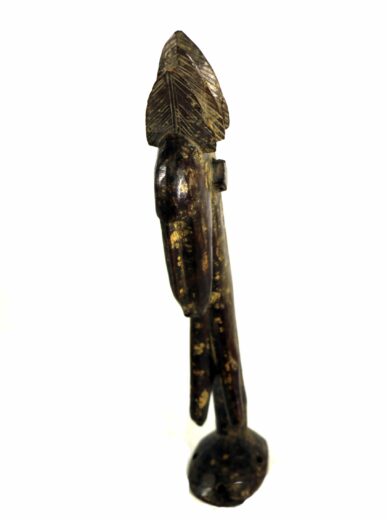
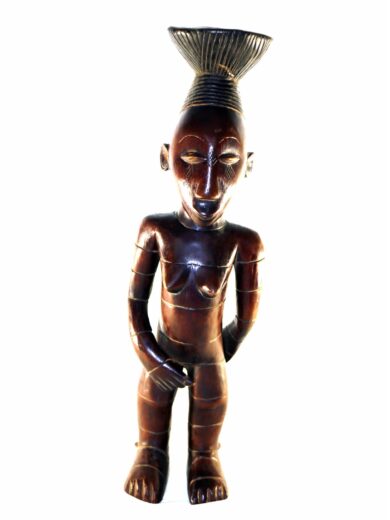
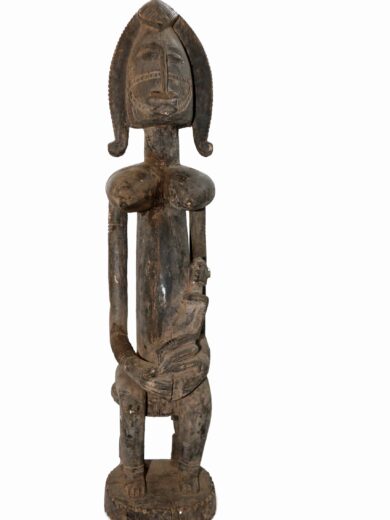
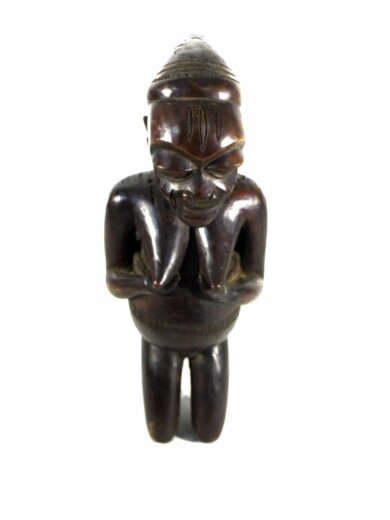
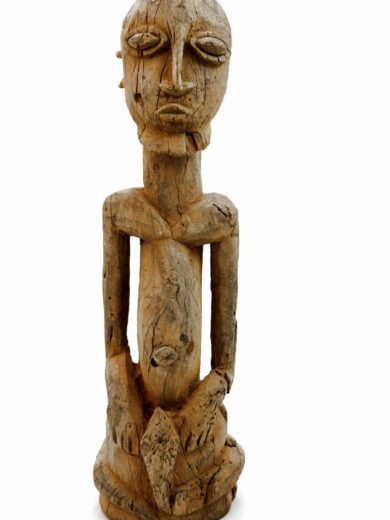
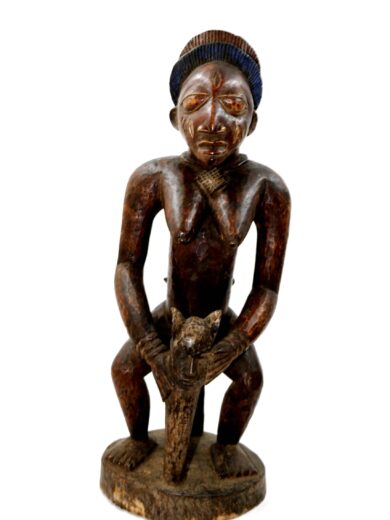
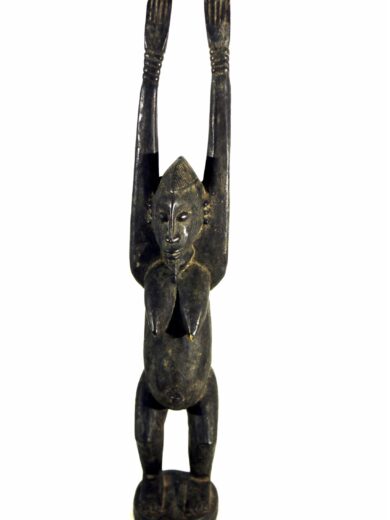
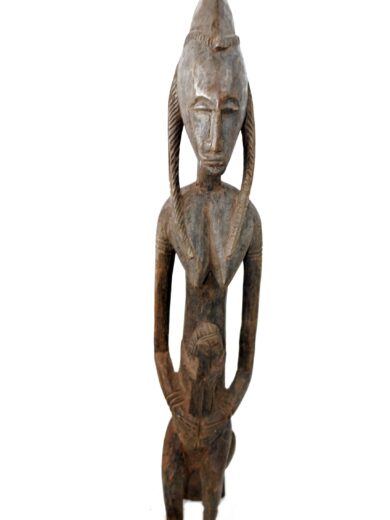
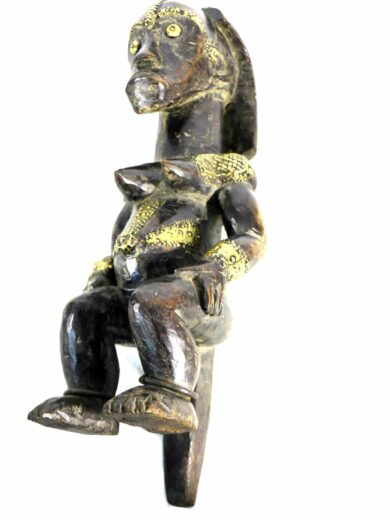
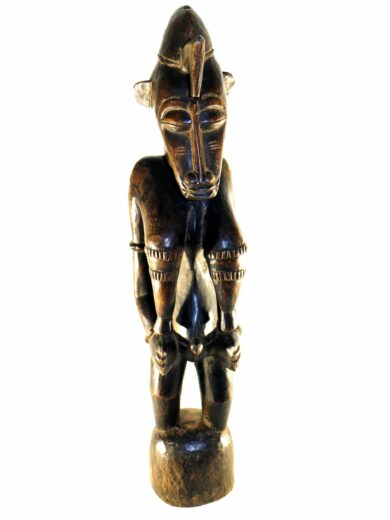
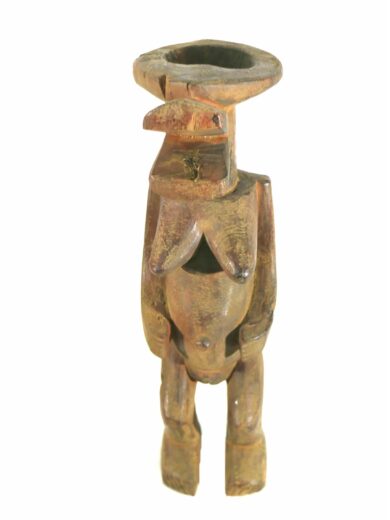
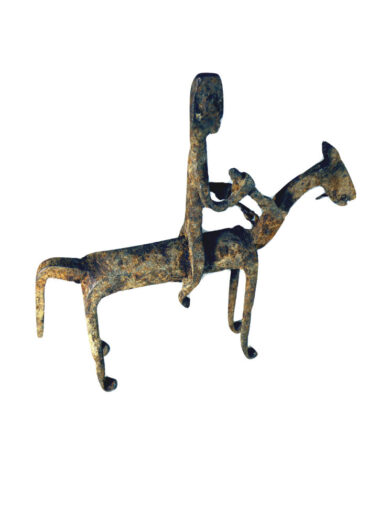
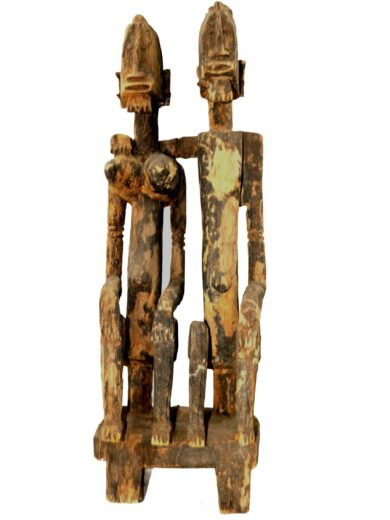
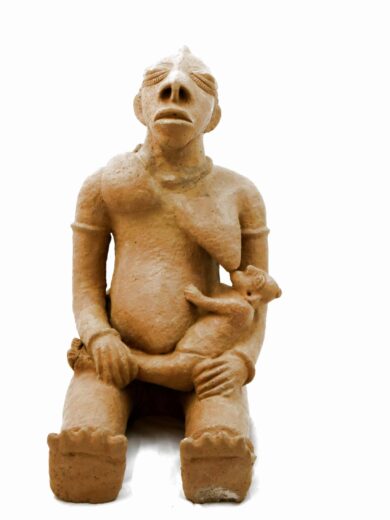
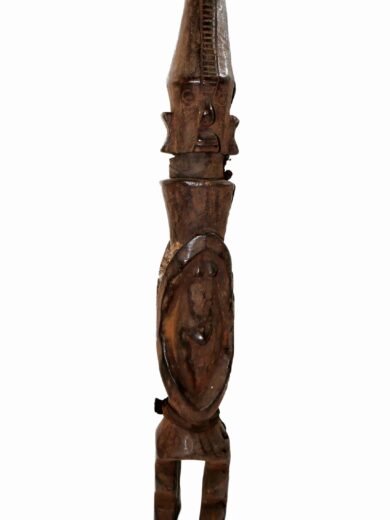
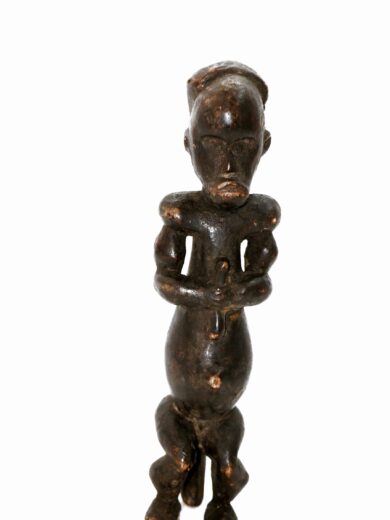
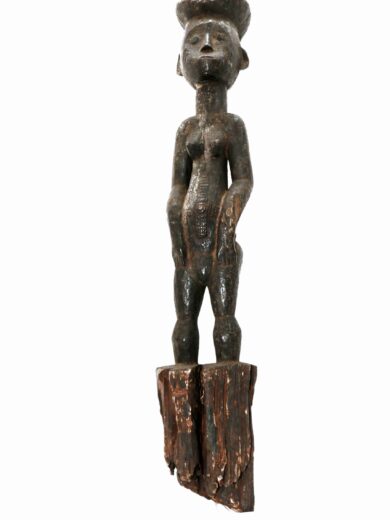
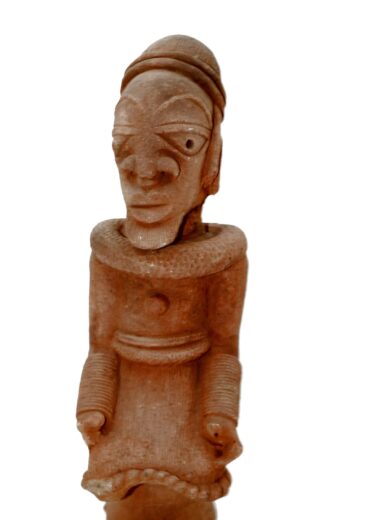
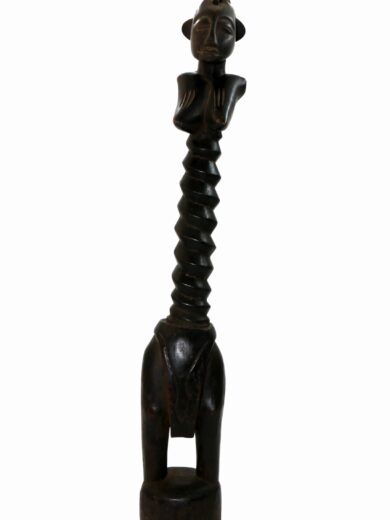
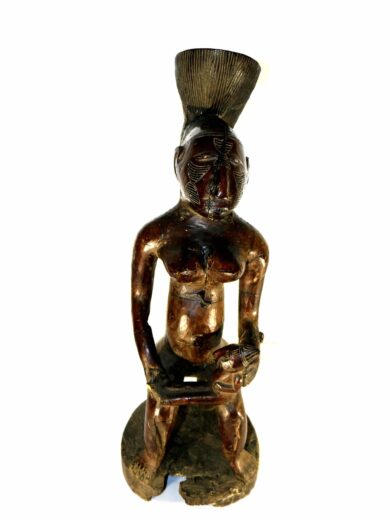
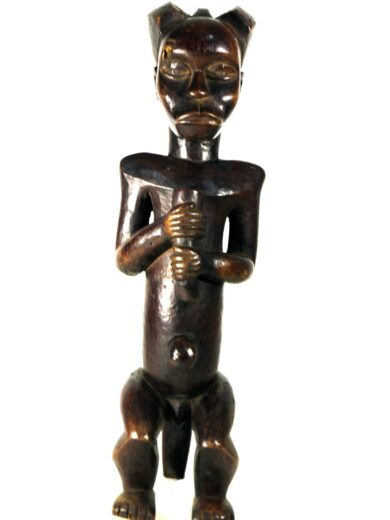
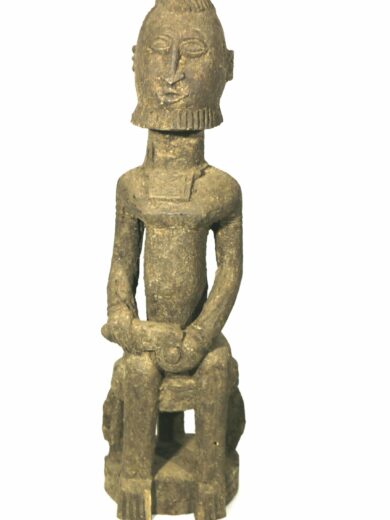
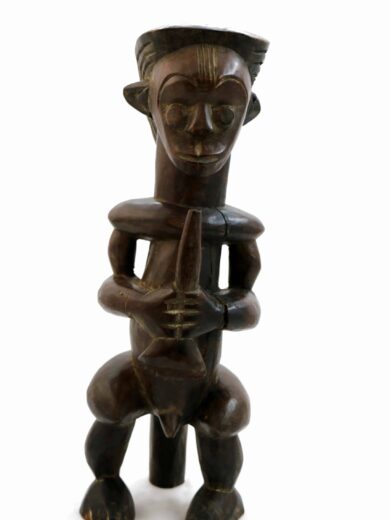
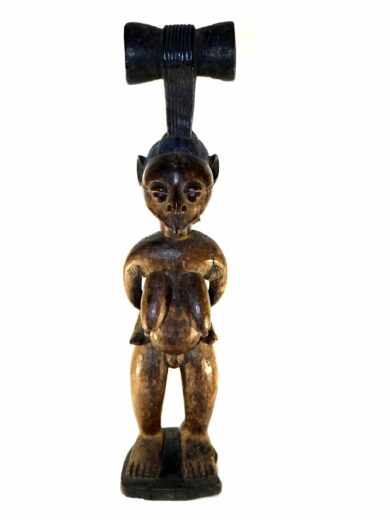
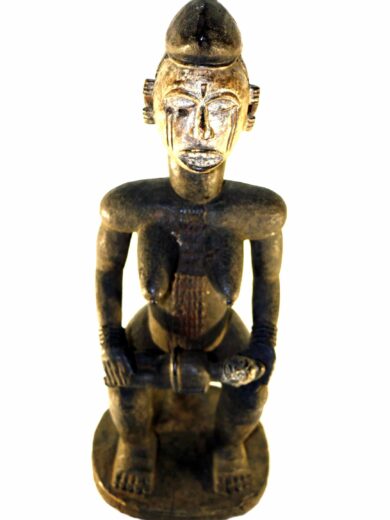
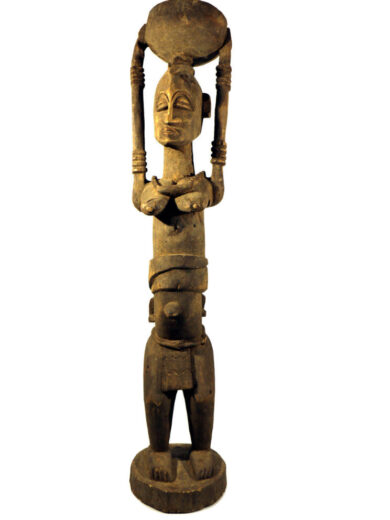
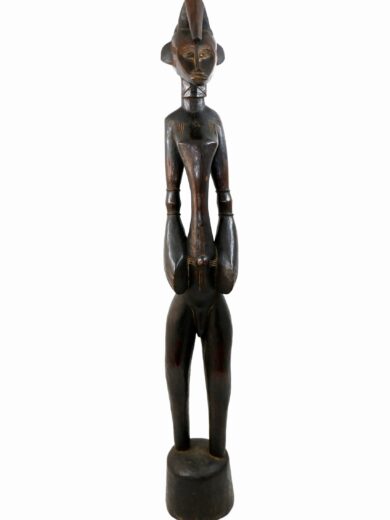
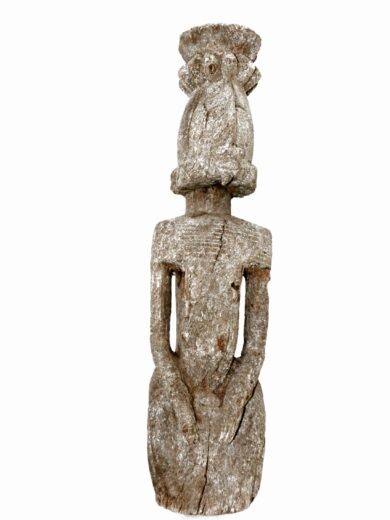
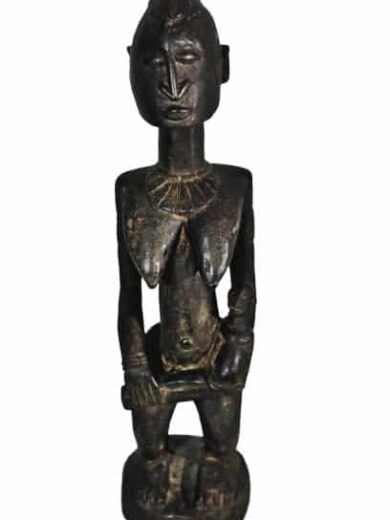
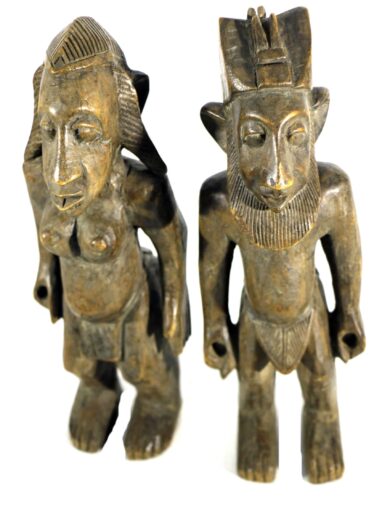
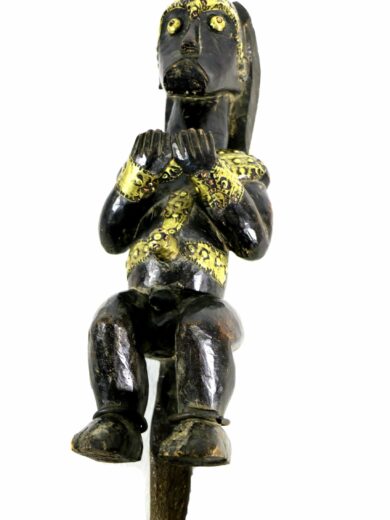
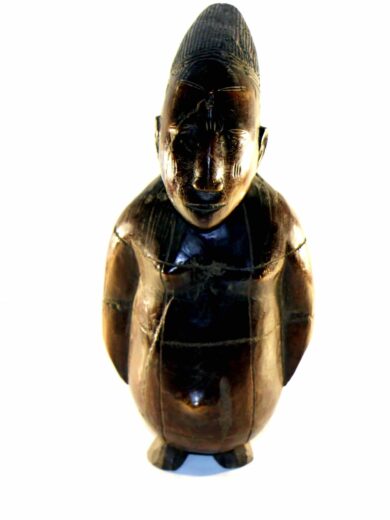
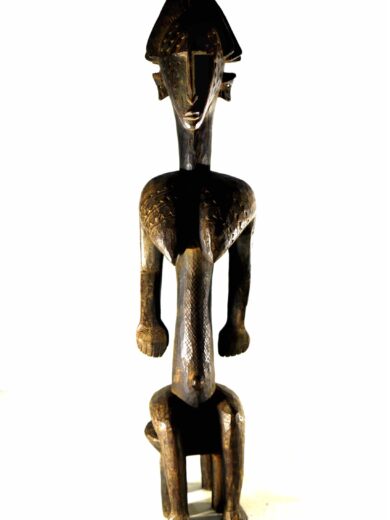
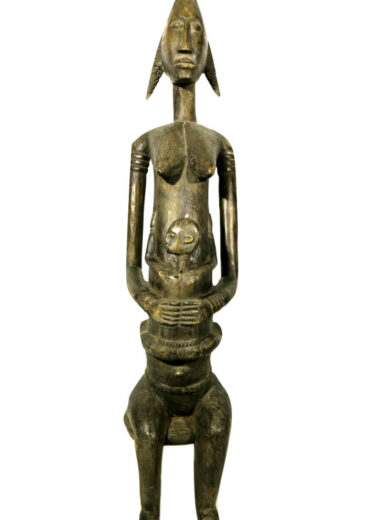
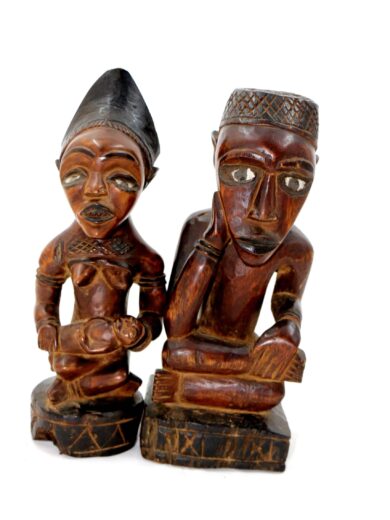
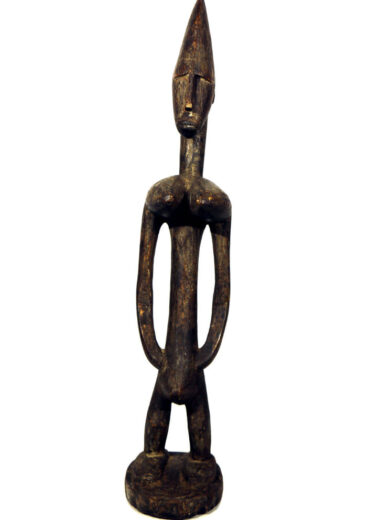
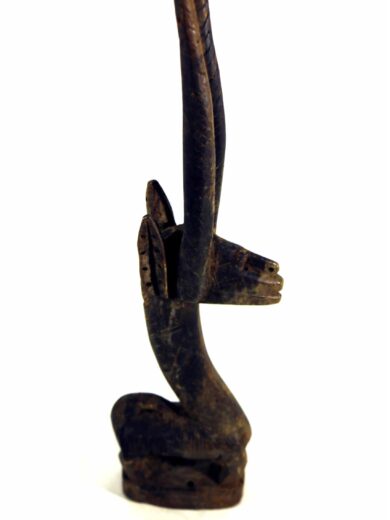
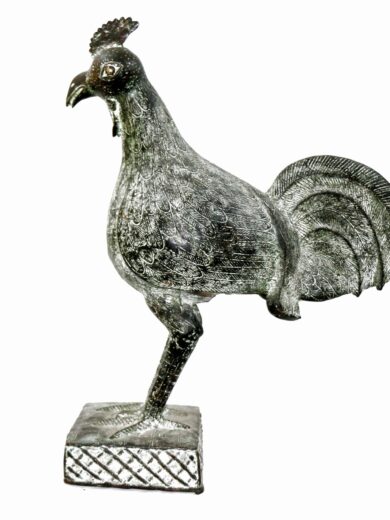
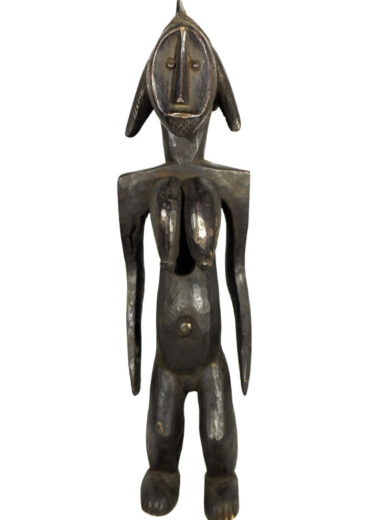
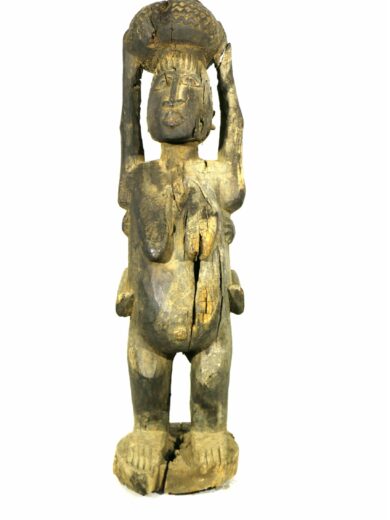
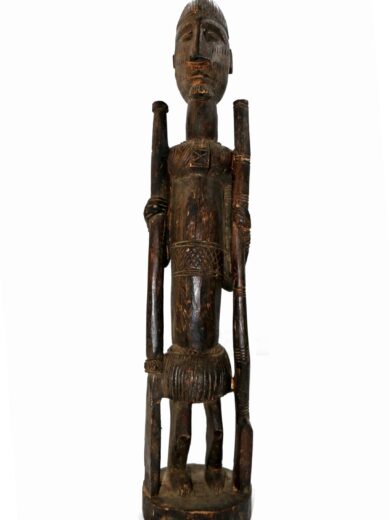
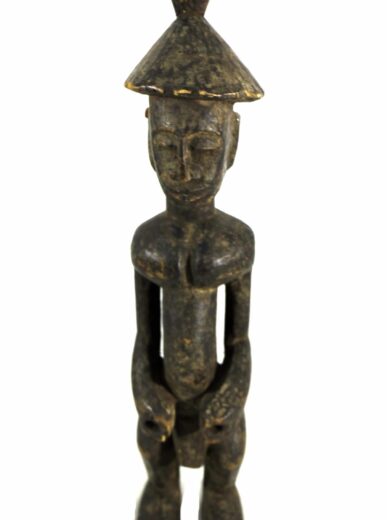
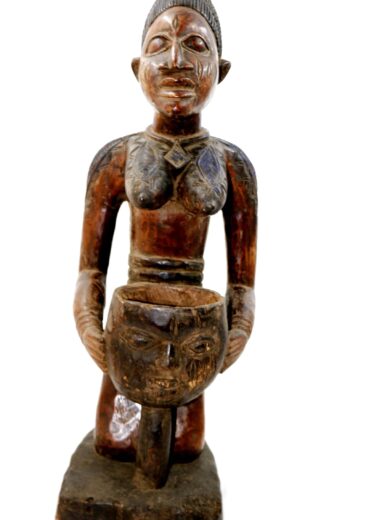
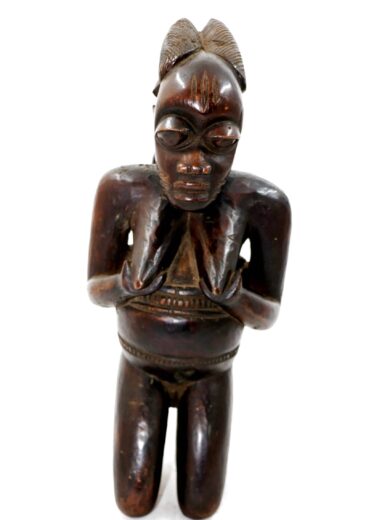
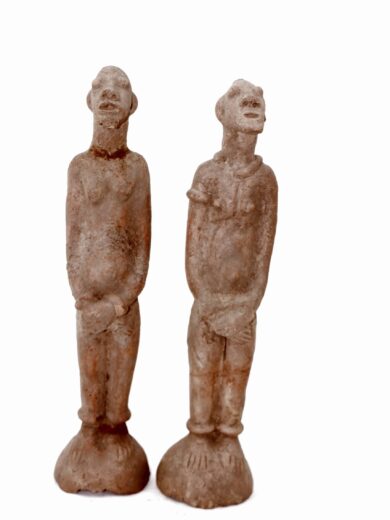

Reviews
There are no reviews yet.